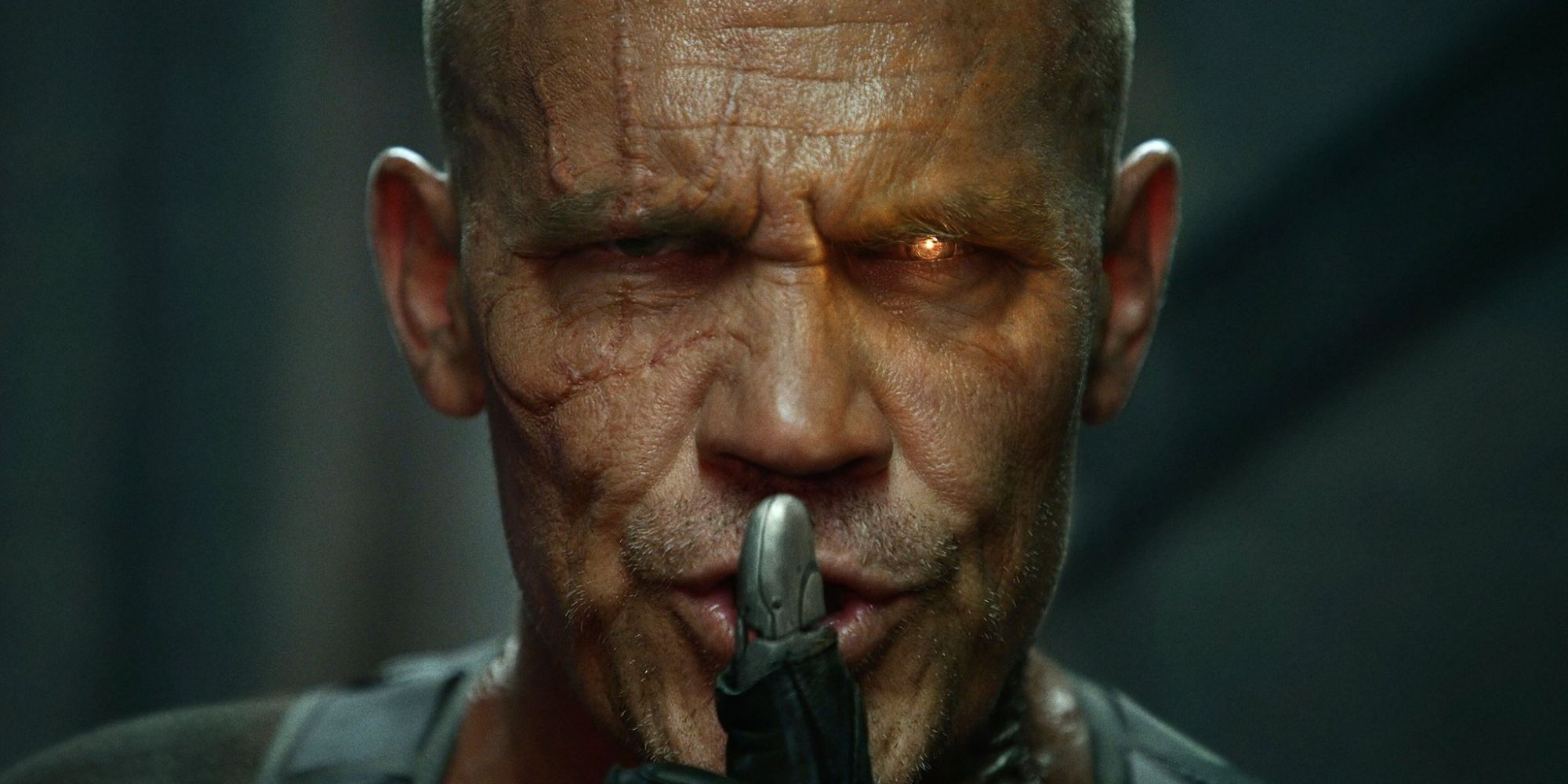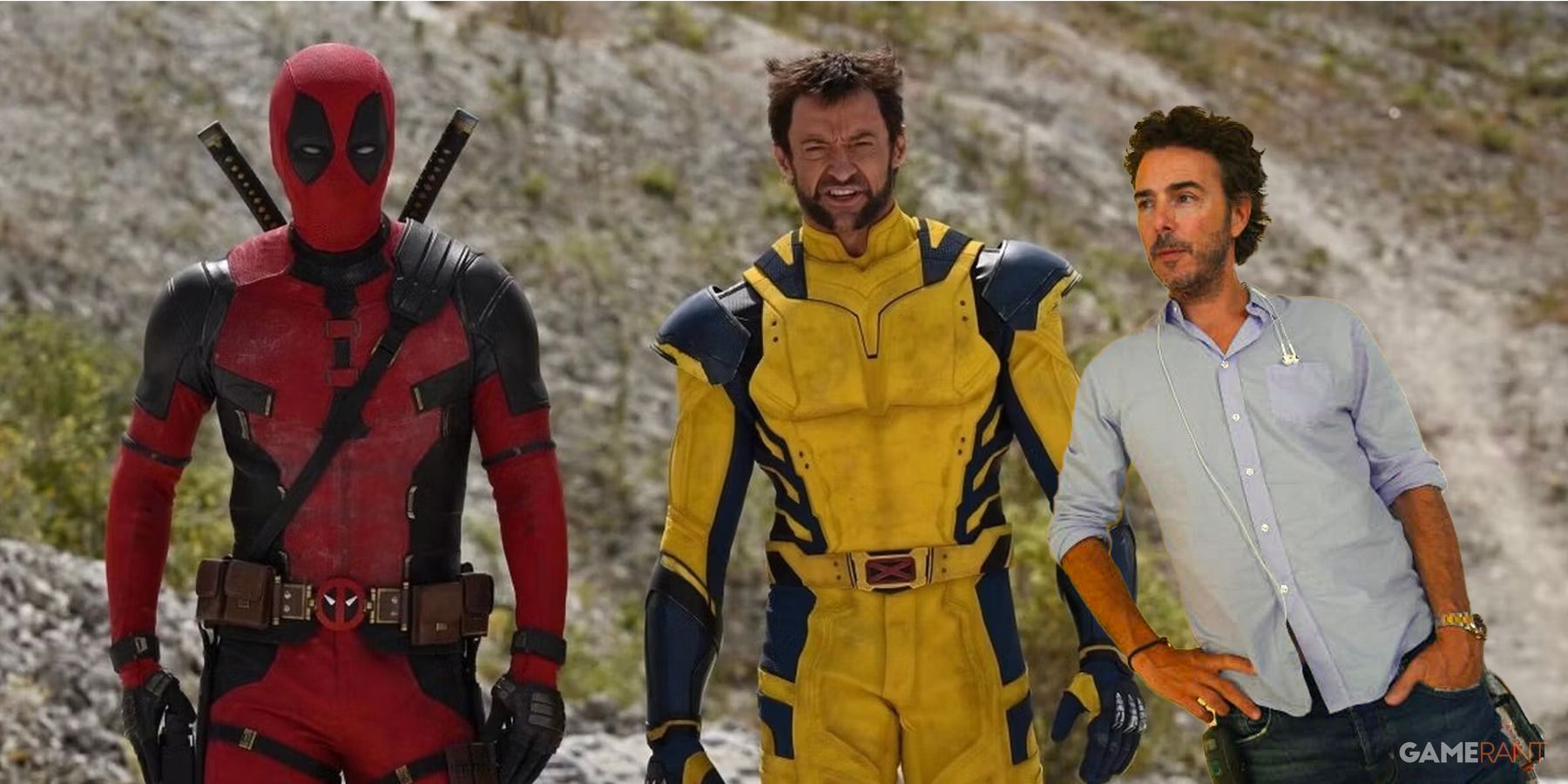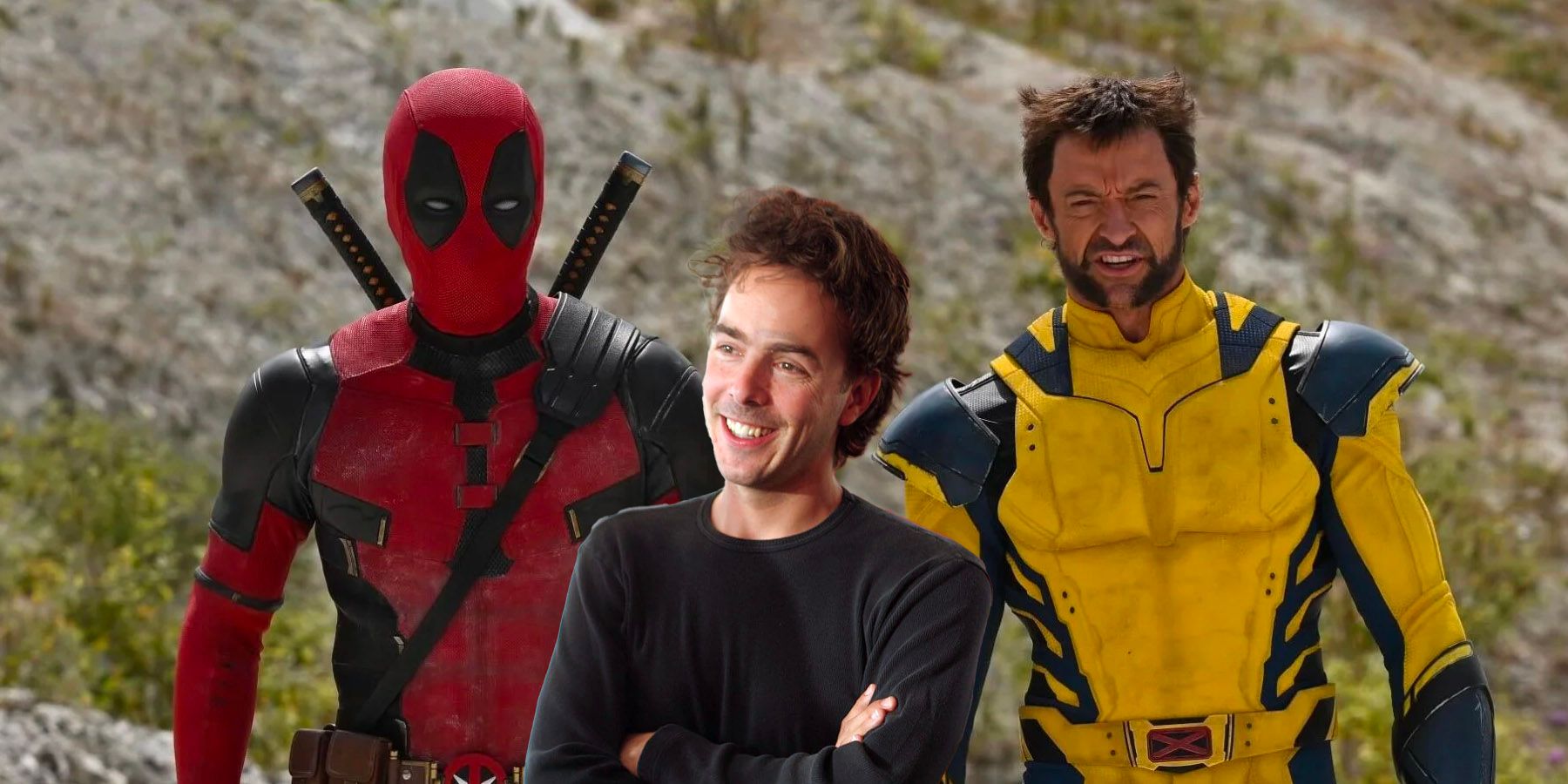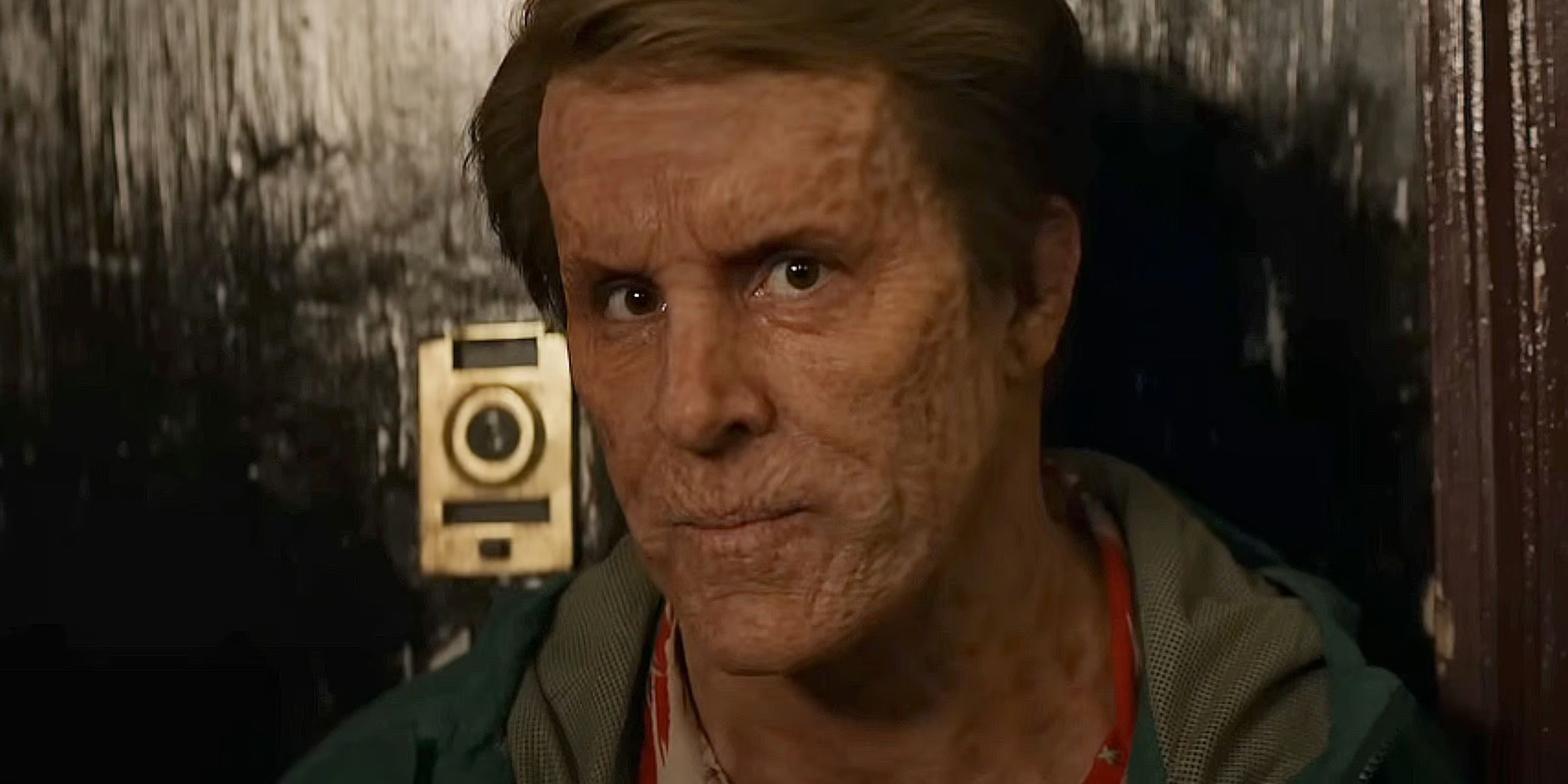The Marvel Cinematic Universe is the most culturally dominant force in entertainment today. It's the most profitable film franchise of all time. It also includes the second (Spider-Man), sixth (Avengers), and tenth (X-Men) highest-grossing franchises. With 33 entries, it's also one of the most prolific film series, outdoing James Bond and falling just behind Godzilla. A cultural empire like that needs a jester to ridicule it. Deadpool seems poised to become that jester, but it's hard to point and laugh while doing the same thing he's making fun of.
One of the biggest trends of the modern era is anti-capitalist art unleashed onto overwhelmingly capitalist products. Amazon, a company that allegedly hired Pinkerton agents to crack down on employees trying to unionize, produces The Boys, a sharp takedown of American economics and the entertainment it creates. This juxtaposition leaves many viewers furious as they pay giant corporations to tell them how bad giant corporations are. Art must be allowed to attack the system, but lashing out from within creates several unfortunate snags.

Should Deadpool & Wolverine Have Brought Back Cable?
Cable was a breakout character in Deadpool 2, but will his absence from the upcoming sequel be a missed opportunity?
Deadpool is a self-aware character
Deadpool is not the first Marvel character to routinely break the fourth wall, but he is the most popular. His first fourth-wall break came in Deadpool #28. Bullseye asks him how long it's been since they've last seen each other, and Wade cites Deadpool #16. Gradually, he admits to understanding his place as a comic book character. He knows that he's fictional and that an audience reads his stories. The comics and films usually use this gimmick to wink and nod at the audience. Ryan Reynolds' Deadpool cracks wise about the plot, cast, and presentation of his own movies. They have served other purposes over the years.
Sometimes, Deadpool is a miserable victim, making jokes to keep himself from crying. He's unhinged, and the knowledge that his universe is fictional becomes a never-ending thorn in his mind. A lot of fans really like the version of Wade Wilson who struggles with very real mental health issues. The idea of a self-destructive jester gradually realizing he's never experienced happiness, even as he dies a hundred times to provide it for everyone else, appeals to many. That version of Deadpool, as seen in comics like Gerry Duggan and Brian Posehn's 2012 run, is still comedic. He's still doing wacky bits and laughing at his situation. No one is necessarily asking him to be miserable. However, the thing most fans want from those Deadpool comics is sincerity.
Deadpool’s winks to the audience feel repetitive
The Deadpool movies have heart. The central story follows Wade Wilson and his ragtag group of loved ones struggling to survive various personal crises. Wade's pathos dominates large swaths of both films, and it will likely continue to do so in the third entry. His gags are an integral part of his personality, established through countless grim scenes of torment and misery during which Wilson still finds time to crack wise. The pop-cultural references, one-liners, and never-ending immaturity all feel dead-on for his character. Wade also regularly breaks the fourth wall, mocking what he sees as lazy writing, stunt casting, or the studio's budgetary restraints. These jokes still feel in character, but they also drag the audience into the bit.
The difficulties of Wade Wilson's audience wink moments came to a head after the most recent Deadpool & Wolverine trailer. Fans noticed a QR code in a shot and followed it to find Ryan Reynolds' disclaimer message. He mentions that the superhero film will be thin, shoddy, offensive to Disney, and generally pointless. Many viewers felt insulted, prompting irritated responses. The idea of "respecting" one's audience is absurd, especially in the superhero genre, but the lazy reliance on conspicuous irony to cloak otherwise valid complaints has become dull.
How long can this gimmick last?
The worst aspects of Deadpool's wink and nod routines aren't in the movie. They're in the movie's marketing. Half of the pitches involve taking the air out of the genre without actually saying anything meaningful about what's wrong with it. It turns into the cinematic equivalent of a terrible boss cracking a joke about the soul-crushing realities of office work. It isn't using its platform to ridicule the media landscape that put it there. It's hiding behind irony to avoid having to say anything meaningful. It's a multi-billion-dollar corporation trying to throw its arm around the audience and say, "We're on the same side on this one." Does anyone want media that calls them stupid for liking it? Why can't fans genuinely enjoy the things they love?
The obvious answer is that it's easier for Deadpool's owners if the crew targets themselves and their audience. The alternative would be a nuanced critique of the real problems with Disney or, god forbid, a sincere examination of Deadpool as a character. Ironic enjoyment is for slacker comedies that would struggle to get a laugh in a modern theater. This is a tentpole blockbuster projected to rake in billions of dollars for a company that's struggling to properly monetize all their other costumed superheroes. Can it, at the very least, have the courage of its convictions and not try to sell itself on how stupid its audience must be? Deadpool can survive anything, but the bitter, pointless irony of his presentation might not be so resilient.

Deadpool & Wolverine Director Has Some Choice Words For The MCU
Shawn Levy has been handed a lot of responsibility with Deadpool 3, and he's well aware of the situation concerning the MCU.



